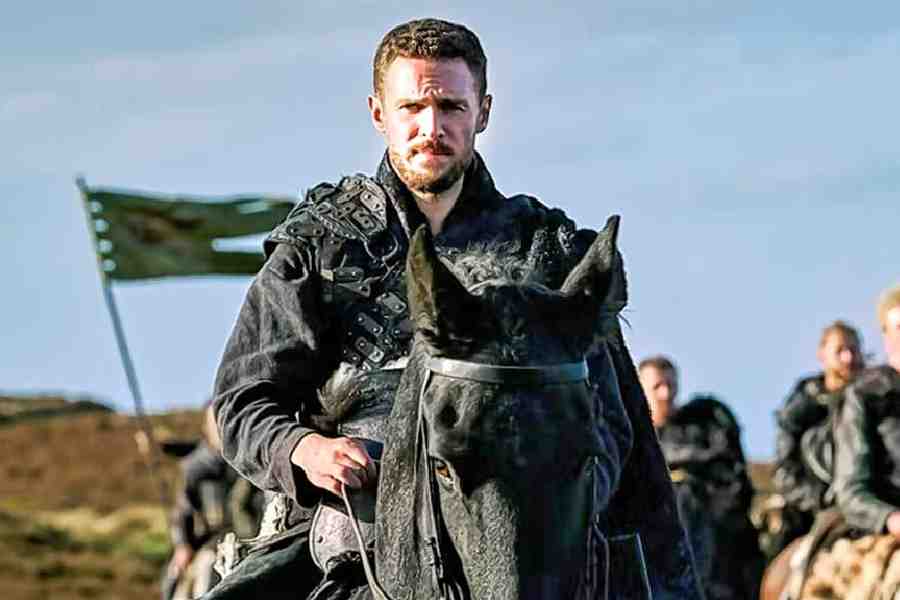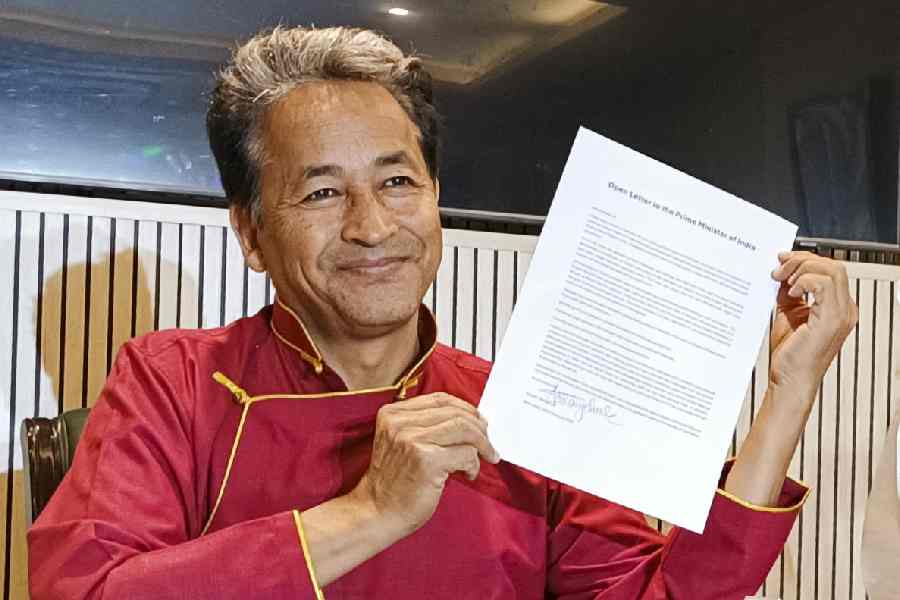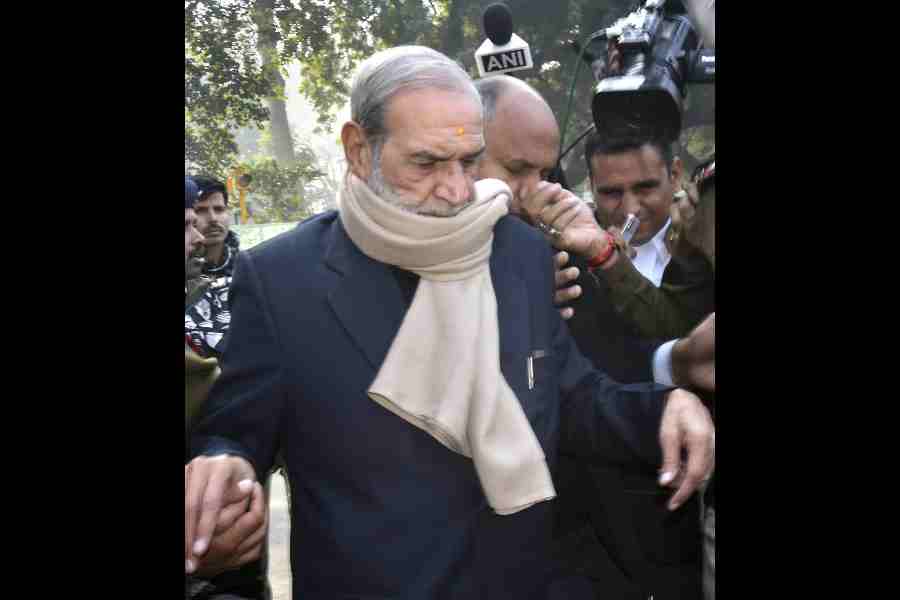Scottish actor Iain De Caestecker — best known for portraying Leopold Fitz/The Doctor in the TV series Agents of S.H.I.E.L.D. and Adam Barlow in Coronation Street — has taken on the daunting task of playing the legendary King Arthur in The Winter King, a British historical fiction television series based on Bernard Cornwell’s The Warlord Chronicles novels.
A retelling of the Arthurian legends, The Winter King takes place in post-Roman Dark Age Britain where Arthur Pendragon has been banished while the Saxons invade and a child-king sits unprotected on the throne. Over a video call, t2 chatted with Iain De Caestecker on the series that streams on SonyLIV.
What’s the predominant tenor of the feedback to The Winter King been like so far?
To be honest, as I learned very early on in my career, you are much safer to just take the experience of doing it and enjoy that. And if that is enjoyable, then don’t look into the feedback because it may be a bit of a rollercoaster. I would say that I am very, very proud of the show. I had a fantastic time doing it. I am very proud of the cast that we have and all the crew. All the hard work that we put in really comes across on screen.
What were the biggest challenges and the biggest creative highs of playing the legendary Arthur? And would you say that the challenges were synonymous with the creative highs?
Yes, they are actually. It’s funny, I think often that when you are doing things like this, art manages to imitate reality or the two lines can become blurred a little bit. There can be a lot of pressure being front and centre of a show like this. It is tiring, it is a lot of work.
And also it was just very, very cold! We filmed in Wales and it was freezing. But what that ends up doing is it fuels something in the character. The pressure is something that Arthur has to deal with. He is coming in and taking over a country and dealing with a country that’s huge. There is the turmoil of huge civil unrest and an encroaching threat of Saxon armies and the pressure to succeed and to bring people together is it is almost too much to bear. So yes, you let bits of real life bleed into the character if you can.
What were the toughest bits to navigate about him?
I have never really played a character like this before. It is such a historic character and the Arthurian legend is so well known throughout the world. That is a daunting thing to take on. But I guess you just have to sort of try and put that out of your head a little bit. We had an amazing director, Otto Bathurst, who set up the show, and he is fantastic. He helped me a lot in coming up with the character and finding something that fit the show and fit that world.
I always find that costume and make-up really help in physicality. Also, things like horse riding and sword fighting, which is not something I was way too familiar with. Horse riding, for instance, played a huge part in the formation of the character because Arthur and his men are so entwined with that side of their lives. I found that being on a horse just had a way of settling me and calming me and there’s a stoicism and strength in being on a horse.
Is this the maximum you have earned as a skill set on a project so far?
It is definitely new, you know. You always hopefully go in and you pick up something new, but sometimes different characters overlap other characters. I certainly haven’t done a character like this before. And in this way, I haven’t done much sword fighting. And there’s definitely still room for lots of improvement. There is a lot of camera trickery that make me look a lot better at it than I really am. But I embrace all that stuff. One of the wonderful parts about being an actor is being able to immerse yourself in different skills and worlds and explore places that you may never really have gone on your own accord.
How has playing Arthur contributed to your craft as an actor?
I don’t think there is an exact science to acting and so you find new ways to do everything you do and you evolve and also your process changes from character to character. I definitely have taken a lot from this and learned a hell of a lot.
On a show like this, how does one stay true to what’s in the script, which is kind of sacrosanct, and yet make the character one’s own?
That’s a good question. I think that depends on the environment on set and on everyone involved. I do like to start from a place of staying quite truthful to the script. But the cool things is that when you have someone like Otto around, who is all up for shaking things up and making a scene as good as it can be, then it gets easier. And somebody like Dan Ings, who’s in the show as well and plays Owain, he’s someone who really loves to improvise and is also very, very good at it. And so he brings a lot of energy to scenes and a lot of dynamism and a freshness whenever it is getting into a place where it is stale. It is definitely a good idea to try and keep it fresh. And I think the best option of the best way to do that is to find some places to improvise your own dynamo for it.
Are you a fan of the revisionist retelling of classics?
I am. I just really like to see someone do something new and push the boundaries. And that is what interests me about this tale (The Winter King). It presents a side to this character that has never been seen before. It is a much more human and grounded... a bold, fresh, gritty new take on this character and the familiar legend that people know surrounding it. We subvert a lot of the tropes of the familiar legend.










